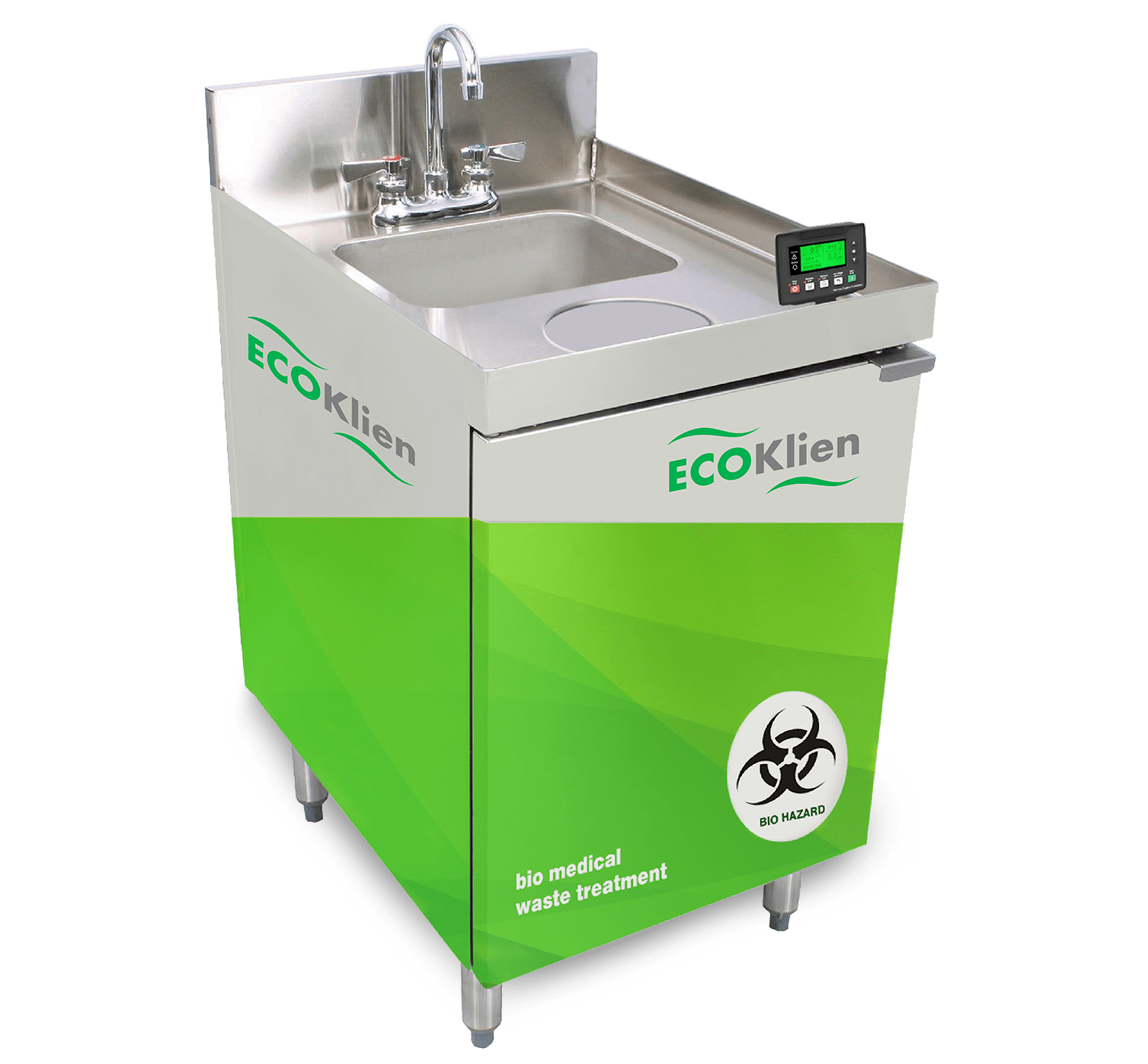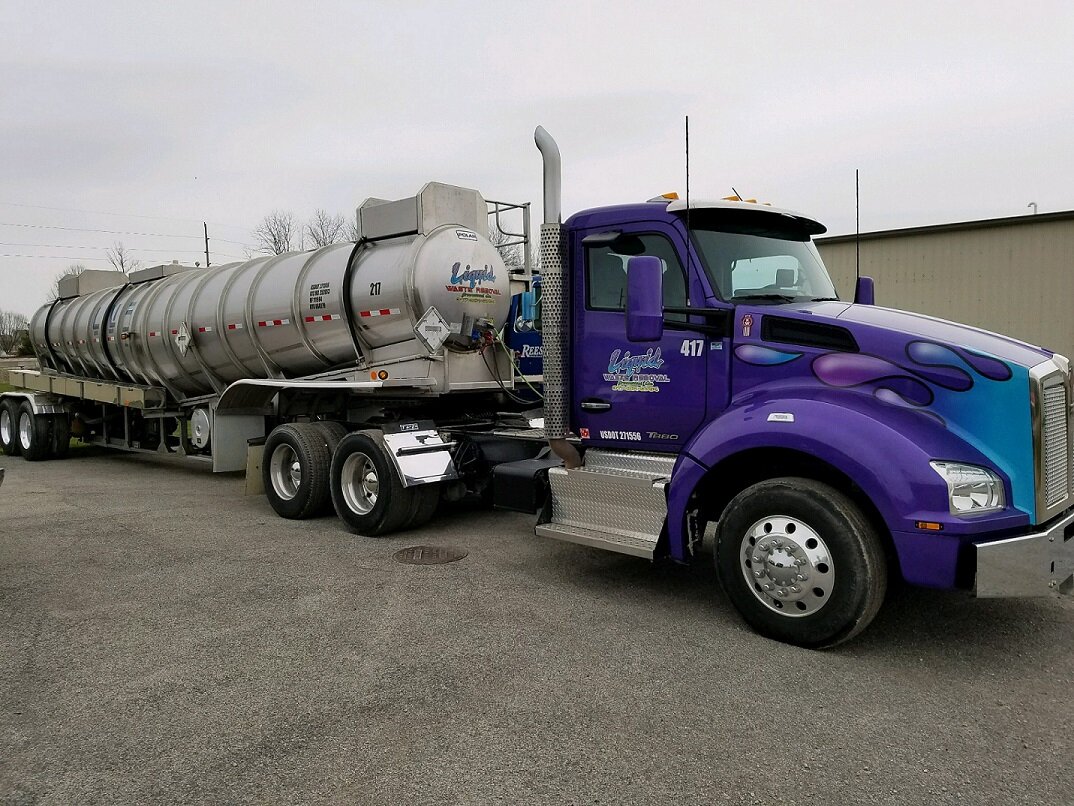Industrial Wastewater Treatment: Advanced Techniques for Effective Administration
Industrial Wastewater Treatment: Advanced Techniques for Effective Administration
Blog Article
Understanding the Comprehensive Process of Liquid Waste Disposal: Best Practices and Environmental Effect Considerations
The administration of liquid waste disposal is a diverse problem that calls for a thorough understanding of different finest methods and their linked environmental impacts. From the types of fluid waste created to the techniques used for collection, therapy, and last disposal, each action plays a critical role in safeguarding ecosystems and public wellness.
Kinds Of Liquid Waste
Recognizing the various kinds of liquid waste is vital for reliable management and disposal methods. Liquid waste can be broadly categorized right into numerous types, each calling for distinct handling and treatment strategies.
Industrial fluid waste frequently includes unsafe materials, consisting of heavy steels, solvents, and chemicals, produced during producing processes. These wastes demand rigorous regulative conformity to safeguard human wellness and the environment. Residential liquid waste mainly refers to wastewater produced from families, including sewer and greywater, which, although much less hazardous, can still posture significant risks if improperly handled.
Agricultural liquid waste, consisting of overflow from farms, often includes plant foods and pesticides that can result in environmental degradation otherwise treated appropriately. Clinical fluid waste, generated from health care centers, includes contaminated liquids such as bodily liquids and chemicals, requiring specialized disposal approaches to avoid infection and environmental contamination.
Last but not least, oil and oil waste, generally created by dining establishments and automotive industries, can create serious obstructions in sewer systems otherwise managed properly. Comprehending these classifications assists in targeted approaches for treatment, compliance with regulations, and reliable disposal approaches, eventually advertising environmental sustainability and public health safety.

Collection Approaches
Reliable collection techniques are important for the appropriate administration of fluid waste, making certain that it is gathered securely and effectively before therapy or disposal. Various strategies are used relying on the kind of fluid waste created, the quantity, and the particular characteristics of the waste.
One common method is using specialized collection tanks or sumps, which are developed to capture liquid waste at the resource. These systems typically integrate pumps that help with the transfer of waste to bigger storage containers or treatment centers. Furthermore, mobile collection devices geared up with vacuum cleaner innovation are used in situations where waste is produced periodically or in hard-to-reach locations.
For commercial setups, closed-loop systems can efficiently decrease spills and leaks, enabling the recovery and reuse of liquid waste. It is additionally important to educate personnel on proper collection procedures to alleviate dangers connected with harmful materials.
Additionally, carrying out routine maintenance routines for collection devices guarantees ideal performance and safety and security. The combination of sophisticated surveillance systems can boost collection performance by giving real-time information on waste degrees and possible dangers. In general, efficient collection techniques are fundamental to sustainable liquid waste management methods.
Therapy Processes
Treatment procedures play a vital role in the management of liquid waste, transforming potentially harmful products right into recyclable resources or risk-free effluents - liquid waste disposal. These processes can be extensively categorized right into physical, chemical, and organic approaches, each customized to attend to certain pollutants existing in the waste stream
Physical therapy read more techniques, such as sedimentation and filtration, job by removing put on hold solids and particle matter. These techniques are typically the very first step in the treatment chain, effectively reducing the tons on subsequent procedures. Chemical therapies involve making use of reagents to counteract unsafe compounds, precipitate heavy steels, or oxidize organic pollutants, thus boosting the security of the effluent.
Organic treatment processes, including triggered sludge systems and anaerobic digestion, profit from the all-natural capabilities of microorganisms to break down raw material. These methods are especially reliable for wastewater including biodegradable contaminants. my site Advanced therapy innovations, such as membrane filtration and progressed oxidation procedures, are progressively utilized to attain higher levels of purification.
Incorporating a mix of these therapy approaches not only ensures conformity with governing standards however likewise promotes ecological sustainability by recovering valuable resources from fluid waste.
Disposal Options
Just how can companies guarantee the safe and accountable disposal of fluid waste? Effective disposal options are crucial for protecting public wellness and the environment. The primary methods include land incineration, disposal, and therapy followed by discharge right into community wastewater systems.
Land disposal includes the cautious control of liquid waste in designated landfills, making sure that it does not leach into surrounding soil or water. Incineration, on the other hand, topics fluid waste to heats, transforming it into ash and gases, which need appropriate filtering to decrease exhausts. This technique appropriates for harmful wastes that can not be treated with conventional ways.
In cases where liquid waste can be dealt with, companies may select organic or chemical therapy processes to reduce the effects of dangerous elements prior to discharging the dealt with effluent right into community systems. This route commonly straightens with regulatory needs, making certain that the effluent meets security standards.
Ultimately, companies need to perform extensive assessments of each disposal alternative to identify its practicality, thinking about elements such as waste make-up, governing compliance, and prospective dangers to health and the setting. By choosing proper disposal approaches, companies can contribute to a liable waste monitoring approach.
Ecological Effect
The ecological impact of more information fluid garbage disposal is an important consideration for companies looking for to reduce their eco-friendly impact. Incorrect disposal methods can cause considerable contamination of water resources, soil deterioration, and unfavorable impacts on local communities. For example, hazardous liquids can seep into groundwater, posturing risks to alcohol consumption water supplies and aquatic life. Additionally, the discharge of without treatment or inadequately dealt with waste into surface area waters can cause eutrophication, bring about oxygen deficiency and the subsequent fatality of fish and various other organisms.

To minimize these influences, companies must adopt ideal methods such as executing extensive waste treatment processes, promoting recycling and reuse, and sticking to regulatory criteria. By taking a positive strategy to fluid waste administration, entities can significantly reduce their environmental footprint while supporting lasting growth goals. Eventually, a thorough understanding of the ecological impacts associated with liquid waste disposal is essential for notified decision-making and responsible stewardship of natural deposits.
Verdict
Efficient management of liquid waste is crucial for guarding environmental stability and public wellness. Inevitably, a comprehensive understanding of fluid waste disposal not only mitigates ecological impacts yet additionally promotes a dedication to liable source administration and environmental stewardship.
The management of fluid waste disposal is a complex concern that requires a thorough understanding of various finest techniques and their associated environmental effects. From the kinds of liquid waste generated to the methods used for collection, treatment, and final disposal, each step plays a critical function in securing ecological communities and public health.The environmental effect of fluid waste disposal is a critical consideration for companies looking for to decrease their environmental footprint. Inevitably, a thorough understanding of the ecological influences associated with liquid waste disposal is vital for notified decision-making and responsible stewardship of natural resources.
Ultimately, a comprehensive understanding of fluid waste disposal not just mitigates environmental influences yet likewise promotes a dedication to accountable resource monitoring and environmental stewardship.
Report this page